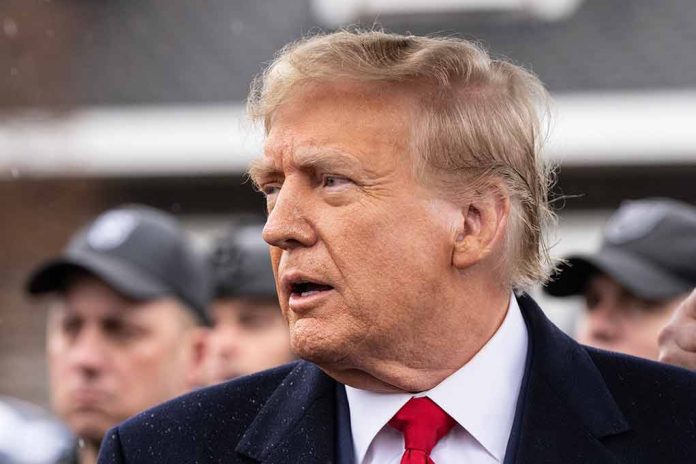
(UnitedHeadlines.com) – On June 27, Judge Aileen Cannon ruled that an additional hearing would be necessary to consider tossing evidence in the classified documents case against former President Donald Trump.
The ruling comes after Cannon heard arguments on June 25 about the defense’s motion to suppress the evidence.
In her 11-page ruling, Cannon ruled the additional hearing was needed to resolve “pertinent factual disputes” about whether prosecutors, to secure their indictment against Trump, improperly used evidence protected by attorney-client privilege.
Trump’s defense attorneys have asked Cannon to reconsider tossing out the prosecutor’s use of notes from Trump’s former lead attorney, Evan Corcoran, when building their case against Trump. Last year, a federal judge in Washington D.C., Beryl Howell, ruled the notes were not protected by attorney-client privilege because Trump used Corcoran in furtherance of a crime.
In her June 27 order, Cannon wrote that “reasonable limitations” would be imposed on the hearing, which prosecutors worry could “devolve into a ‘mini trial.’” In addressing the prosecutor’s concerns, she stated there was “nothing unduly prejudicial or legally erroneous” about the request from the defense. She noted she would set a date for the additional hearing, which could include witness testimony, in a separate order.
Cannon also ruled that she would also consider a motion from the defense to determine if there were “ambiguities” about the evidence authorized to be seized in an attachment to the FBI’s August 2022 search warrant for Mar-a-Lago.
A separate request from the defense for a hearing about whether there were materially “false statements or omissions” in the application for the search warrant for Mar-a-Lago was denied by Cannon.
In a separate June 27 order, Cannon ruled that the defense and prosecution must submit additional briefs about the limited gag order sought against Trump by prosecutors by July 5. Prosecutors have requested that Trump be prohibited from making public statements that could be considered a “significant, imminent, and foreseeable danger” to law enforcement agents involved with the case.
Copyright 2024, UnitedHeadlines.com














